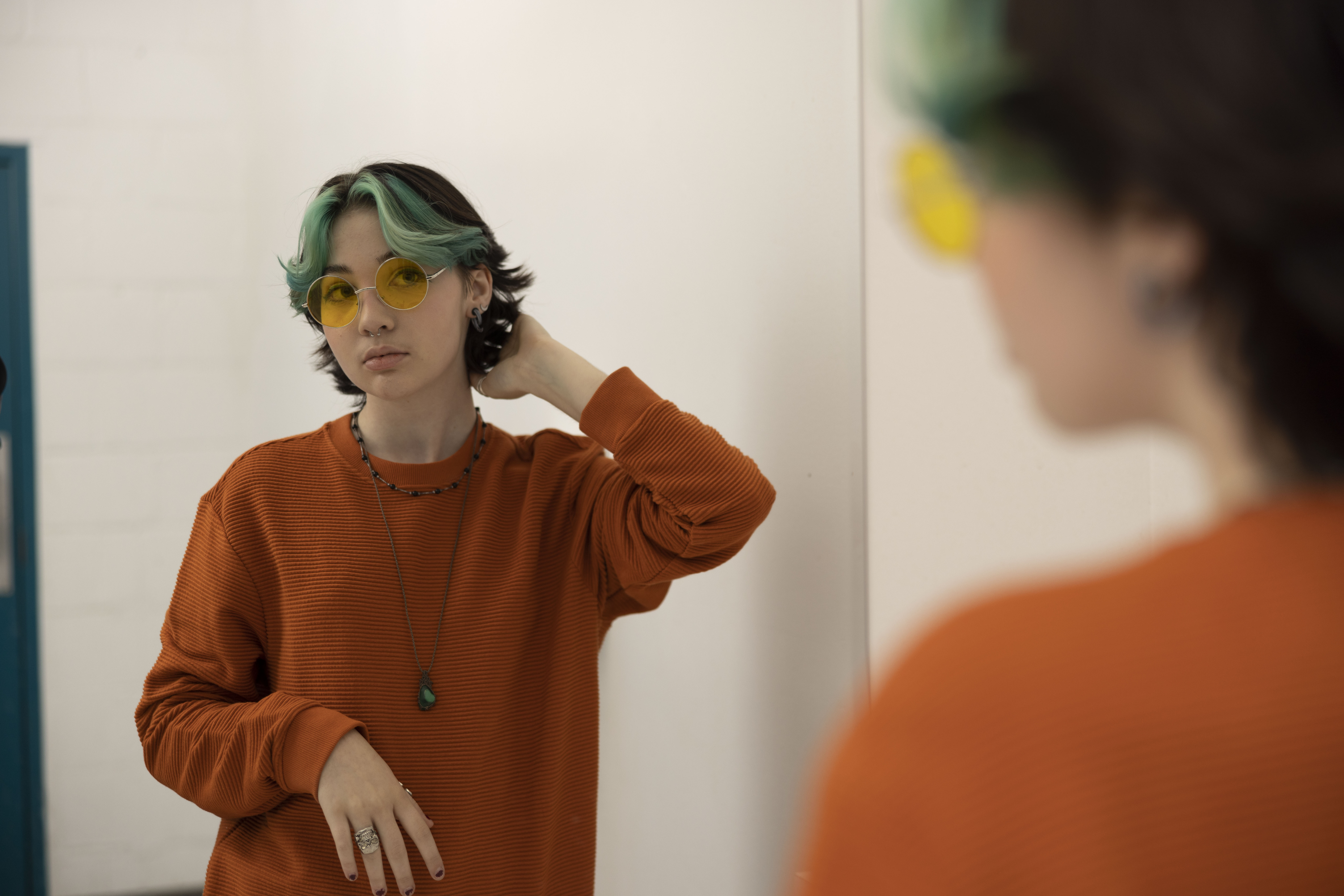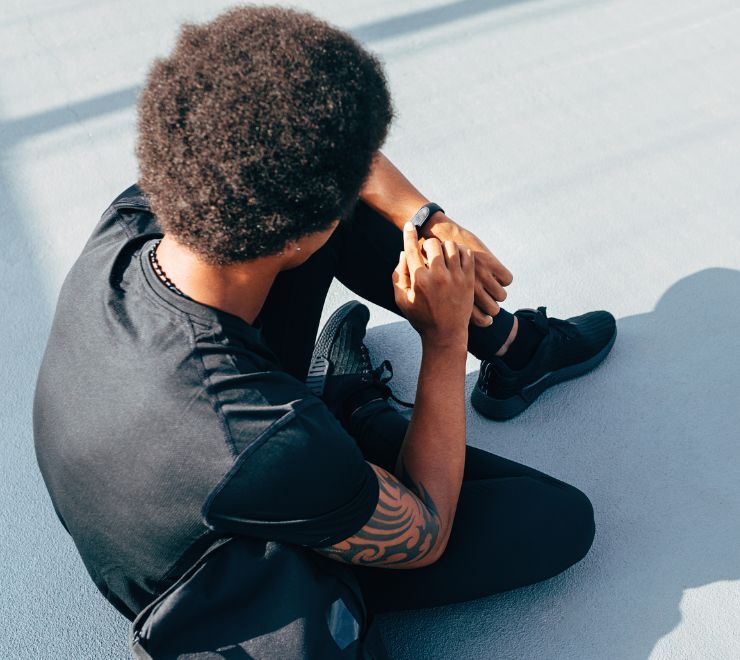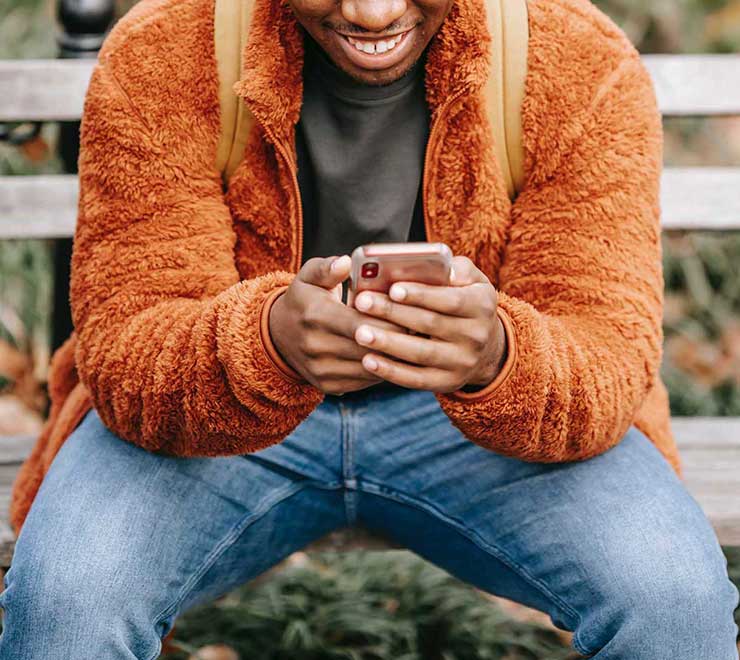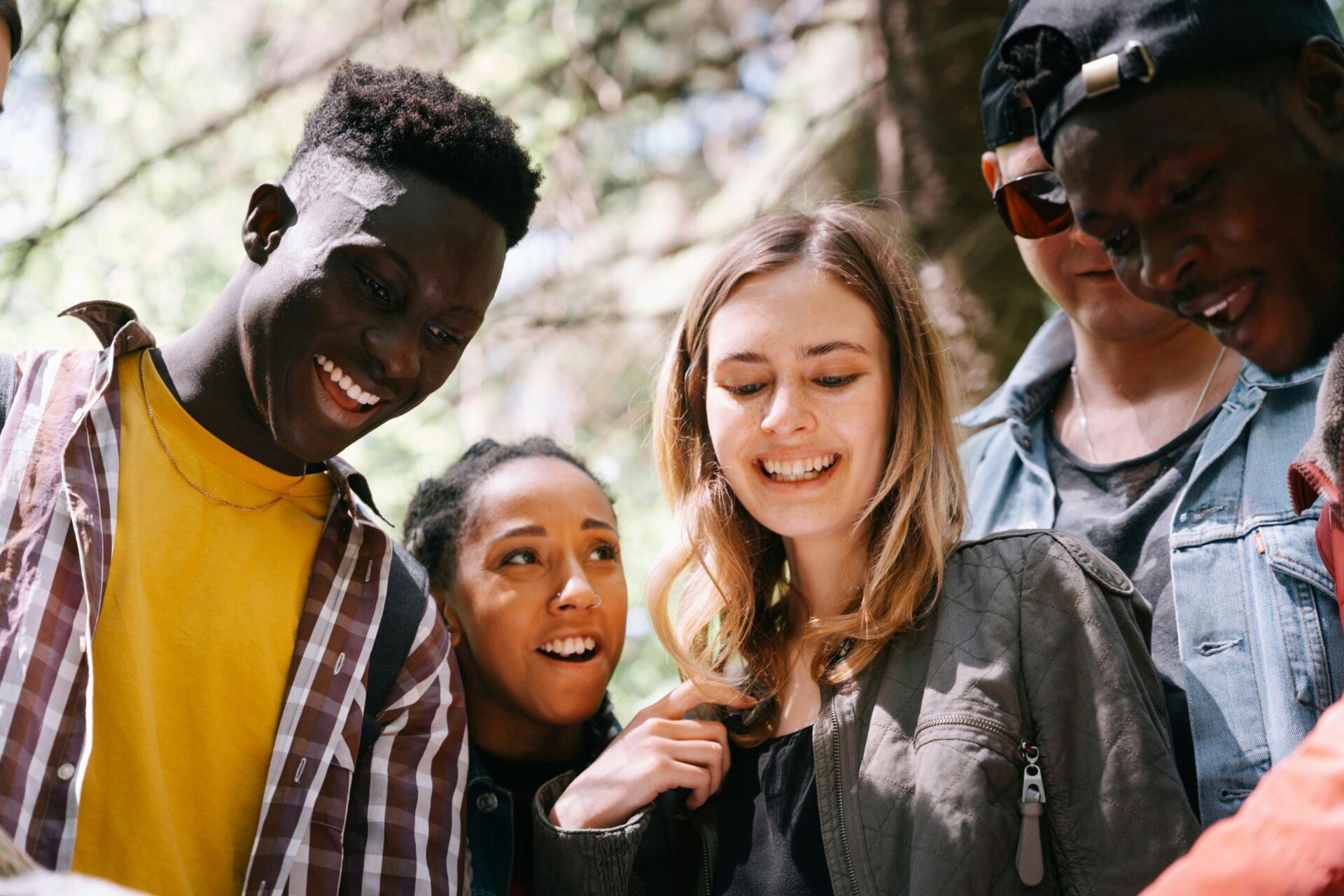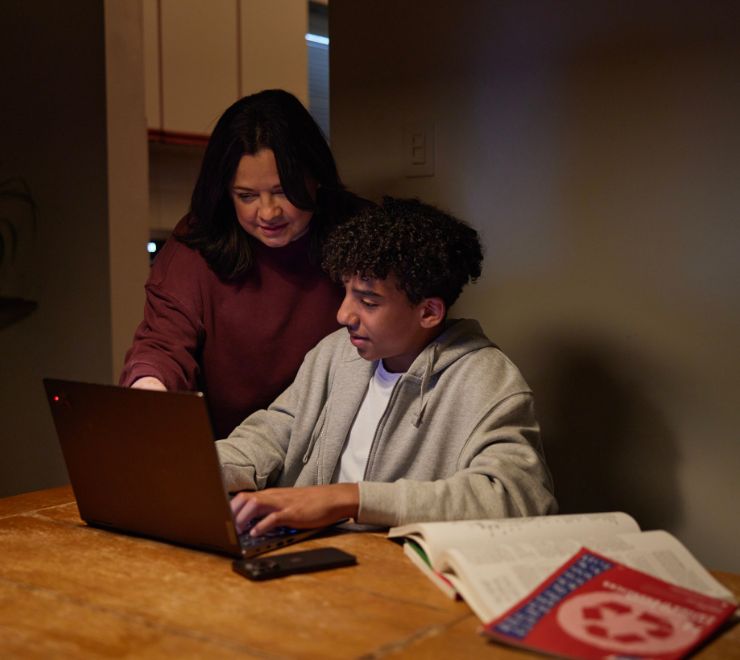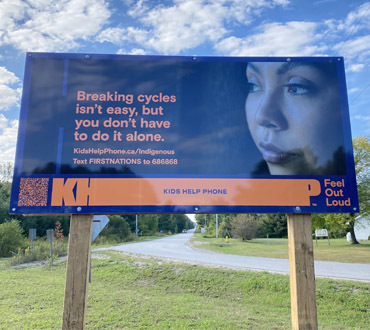Body image is how you feel about your body mentally, emotionally and physically. Kids Help Phone shares information about things that can affect your body image and offers tips to boost your self-esteem.
Body image is a whole-person experience
Having a healthy body image goes beyond what’s reflected in the mirror. It includes having compassion for yourself and recognizing the strengths and qualities that make you unique beyond your weight, shape or appearance.
Body image is also connected to your self-esteem. When you feel valued and respected, you’re more likely to feel positive about your whole self, including your body or physical characteristics. If you’re going through a hard time, it can be difficult to feel good and be kind to yourself.
Your self-esteem can be impacted by a number of things including:
- Puberty: young people experience a lot of changes during puberty and it can take time to adjust. If you feel awkward about your looks or only focus on the things you don’t like, you’re not alone.
- Society: popular culture, including movies, celebrity reality shows and social media tends to portray thin, fit, white people without disabilities as the model of success and health.
- Peer pressure: you might feel pressured to look and dress a certain way to fit in or feel accepted.
- Bullying: being teased or bullied about your appearance — even by well-meaning friends and family members — can impact how you feel about yourself and your body.
Feeling badly about your body can impact your behaviour and make it harder to interact with others. For example, you might avoid social situations or activities, not speak up or voice what’s on your mind or second guess your uniqueness.
If you’re experiencing bullying or low self-esteem, Kids Help Phone is here to support you. Check out our e-mental health services to get support with anything on your mind.
The media’s role in body image
Many of the messages portrayed in the media connect appearance, thinness and weight loss with health, success and status. These messages are everywhere — for example, when people are celebrated or praised for losing weight, foods that are labelled as “good” and “bad”, diet challenges or cleanses that are trending, etc. This focus and false value on appearance can stigmatize people and cause feelings of shame.
In reality, every body has its own naturally healthy weight range, and wellness is possible at any size. It’s also OK (and healthy and normal!) for your body and weight to change over time. It’s impossible for us to know how healthy or capable someone is based on their body size, even if media messaging tries to convince us otherwise. It’s completely understandable to feel more accepting of your body on some days than others. Every body has value and deserves care.
How to develop a positive body image
A positive body image can help you feel confident and comfortable in your mind and body. Here are some important reminders to keep in mind:
- No one’s perfect: people come in all shapes, sizes and appearances, each one beautiful and unique. Almost everyone wishes they could change something about themselves, no matter who they are or how they look.
- Your health is important: eat a variety of food and well-balanced meals that you enjoy. Check out our nutrition tips to learn about ways to fuel your body.
- Move your body in whatever way feels good: participate in activities or exercise because they make you feel happy and you enjoy them.
- Be true to yourself: dress in a way that makes you feel good about yourself! Explore and express yourself through clothing, tattoos, jewellery, makeup, hair colour and more.
- Practise self-acceptance: it can be hard to let go of the things you can’t change. Celebrate your body’s abilities and strengths. When tough feelings come up, try to think of the qualities you’re grateful for and/or practise mindfulness techniques.
- Surround yourself with people who love and appreciate you: if you’re feeling down, you can ask someone else what they love about you (and do the same for them in return). Surround yourself with a community of people who accept and celebrate you just as you are.
- Challenge the messages in the media: if images, ads or social media are making you feel bad, remember that these messages can be unrealistic and not telling the full story. Follow organizations or social media accounts that are kind and make you feel good about yourself.
- Be kind to yourself: notice and take steps to reduce or change negative self-talk about your body. Some people like to post words of encouragement where they’ll come across them every day, like a post-it note or a screen background. For inspiration, try our mindfulness colouring book with quotes and words of affirmation.
- Reach out for support when you need it: if you’re struggling with body image, it may be helpful to talk to a friend, parent/caregiver, teacher, Elder or safe adult about it. Kids Help Phone’s professional counsellors and volunteer crisis responders are available 24/7 if you need support.
Remember to celebrate the things that make you unique and special, like your actions, humanity and interests. There’s no one in the world who is just like you! If you’d like support for anything related to body image, you can talk to a safe adult such as a doctor, teacher, Kids Help Phone counsellor or crisis responder.
Kids Help Phone would like to thank Body Brave for their contributions to this article. You can learn more about Body Brave and browse their resources here.
